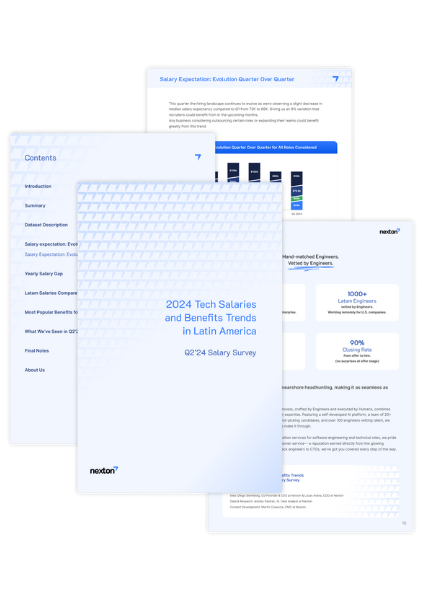In past years remote and hybrid work models have become more than just a trend—they're reshaping how companies approach employee retention. Understanding the impact of these work arrangements on retention is crucial for building a committed and satisfied workforce.
The Shift Toward Remote and Hybrid Work
The COVID-19 pandemic triggered the acceleration of the adoption of remote work, leading many organizations to explore hybrid models that blend in-office and remote work. This shift has prompted a reevaluation of traditional office-centric cultures and highlighted the importance of flexibility in the workplace.
Research-Backed Insights on Remote Work and Retention
A study by Stanford economist Nicholas Bloom found that employees who transitioned from full-time in-office work to a hybrid schedule experienced a 33% reduction in resignations. This suggests that offering flexible work options can significantly enhance employee retention.
Similarly, research published in Nature indicates that hybrid work models, where employees work from home part-time, don’t impact performance and can improve retention rates. This supports the notion that flexibility in work arrangements contributes to higher employee satisfaction and loyalty.
Even a study from Havard Business School that analyzed over 70,000 employees found that hybrid arrangements were associated with higher job satisfaction and lower turnover intentions.
Benefits of Remote and Hybrid Work on Retention
Implementing remote and hybrid work models offers several advantages that can enhance employee retention:
- Improved Work-Life Balance: Remote work allows employees to better balance professional and personal responsibilities, leading to increased job satisfaction and reduced burnout.
- Increased Autonomy: Flexible work arrangements empower employees to manage their schedules, fostering a sense of trust and respect between employers and staff.
- Reduced Commute Stress: Eliminating daily commutes saves time and reduces stress, contributing to higher morale and productivity.
- Access to a Broader Talent Pool: Remote work enables companies to hire from a global talent pool, attracting diverse and skilled candidates who value flexibility.
Considerations for Implementing Remote and Hybrid Work
While the benefits are clear, it's essential to implement remote and hybrid work models thoughtfully:
- Maintain Clear Communication: Establish regular check-ins and transparent communication channels to keep remote employees engaged and informed.
- Provide Necessary Tools and Support: Ensure employees have access to the technology and resources needed to perform their jobs effectively from any location.
- Foster a Strong Company Culture: Create virtual team-building activities and opportunities for social interaction to maintain a cohesive and inclusive culture.
Adopting remote and hybrid work models can be a strategic approach to improving employee retention. By offering flexibility, enhancing work-life balance, and fostering autonomy, companies can create a more satisfied and loyal workforce. As the workplace continues to evolve, embracing these models may be key to attracting and retaining top talent.


